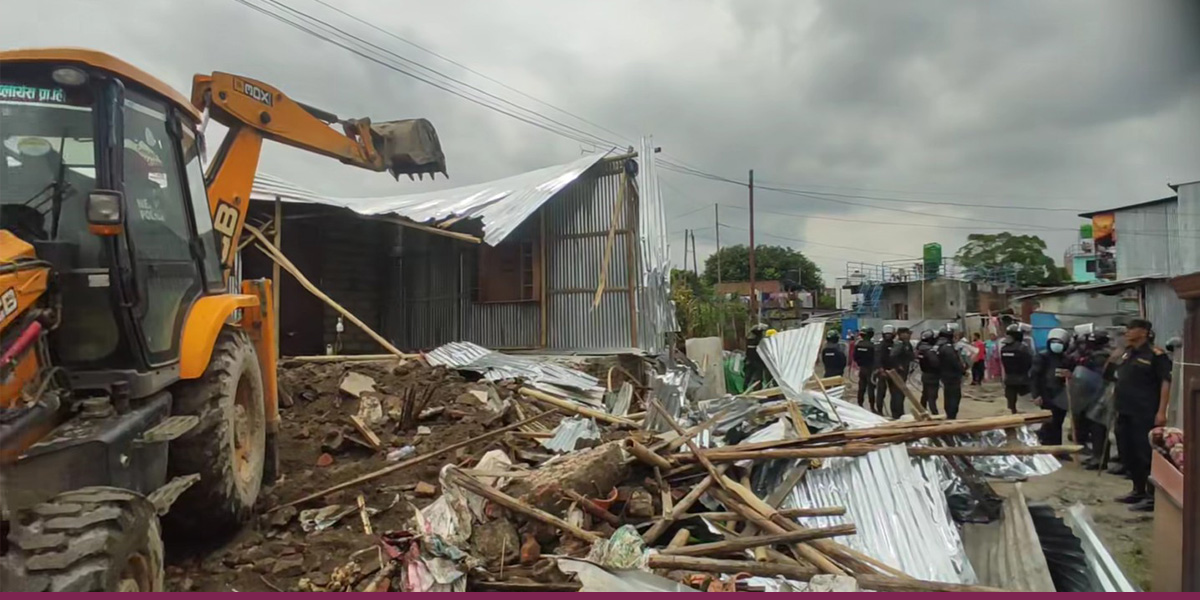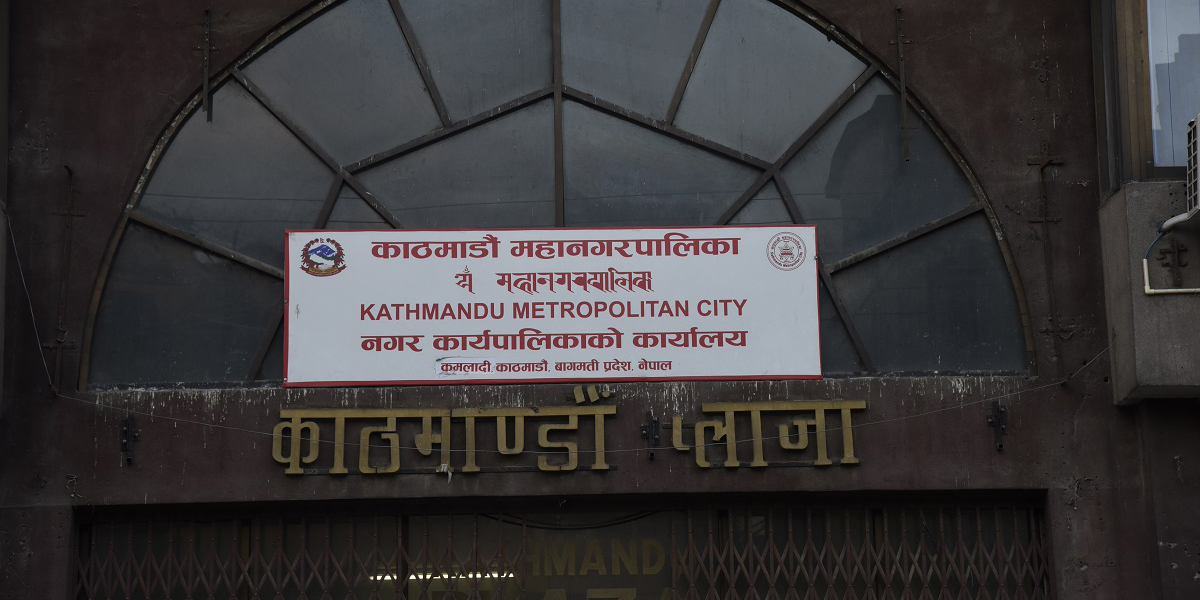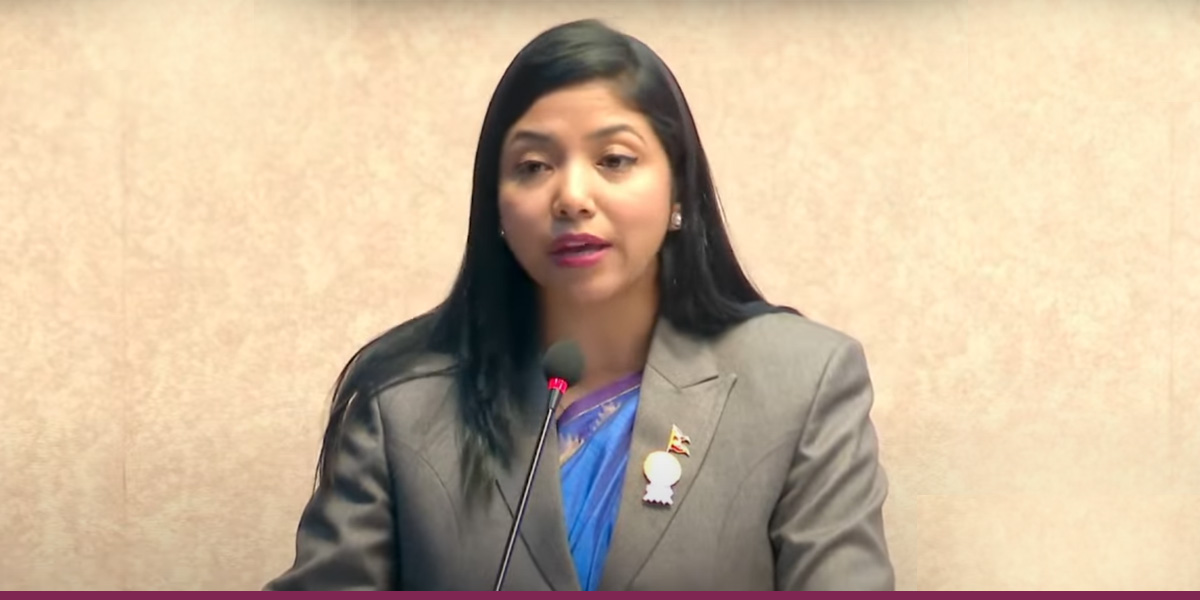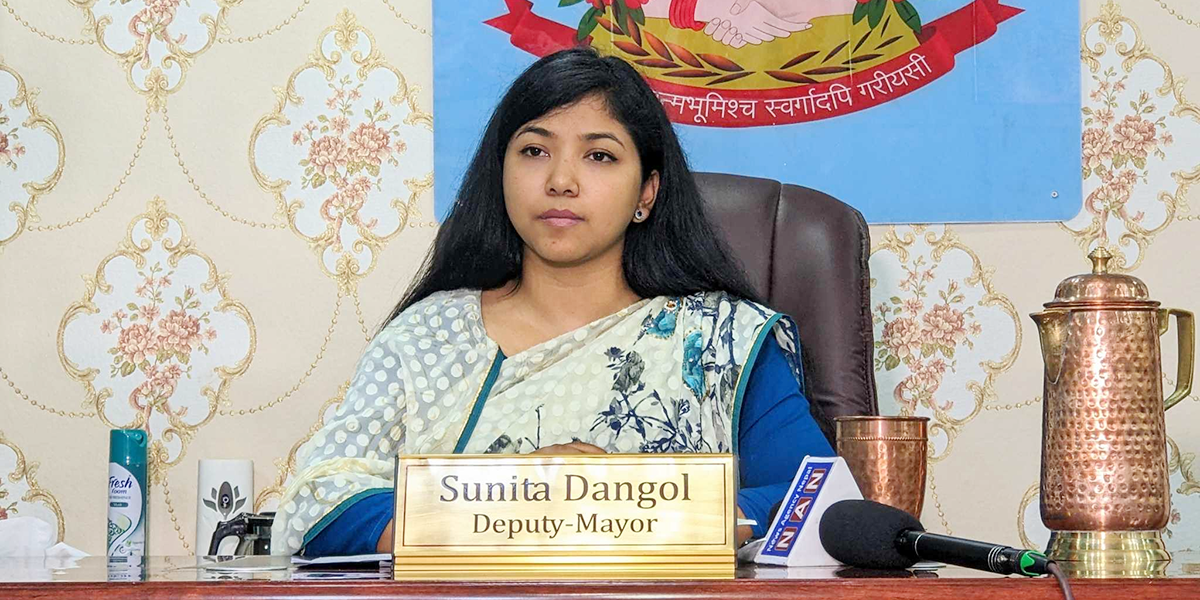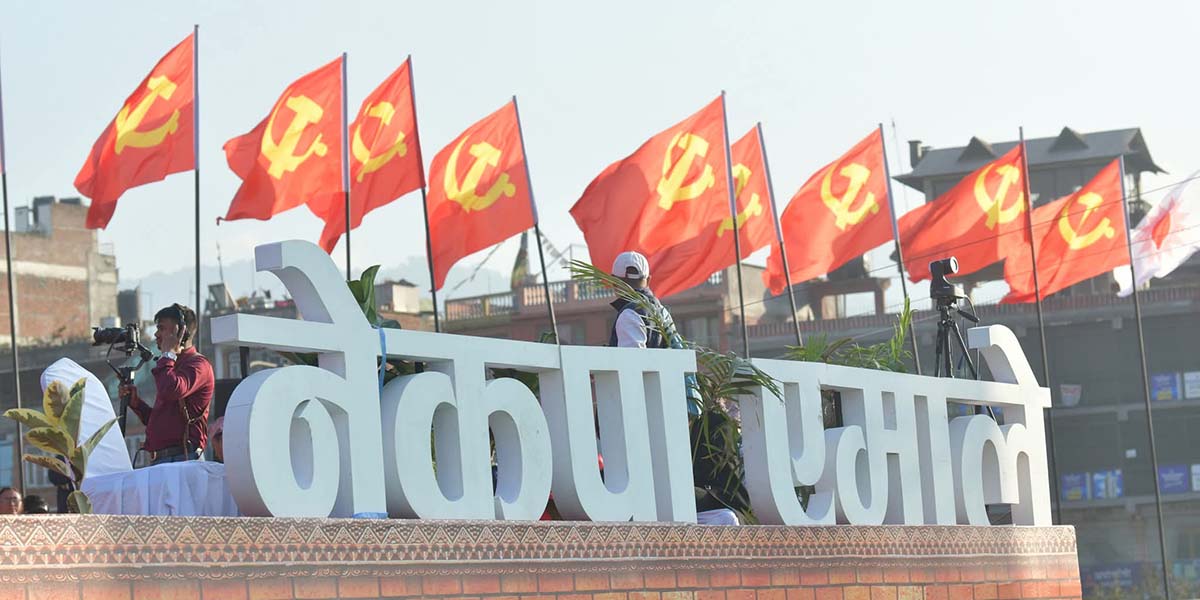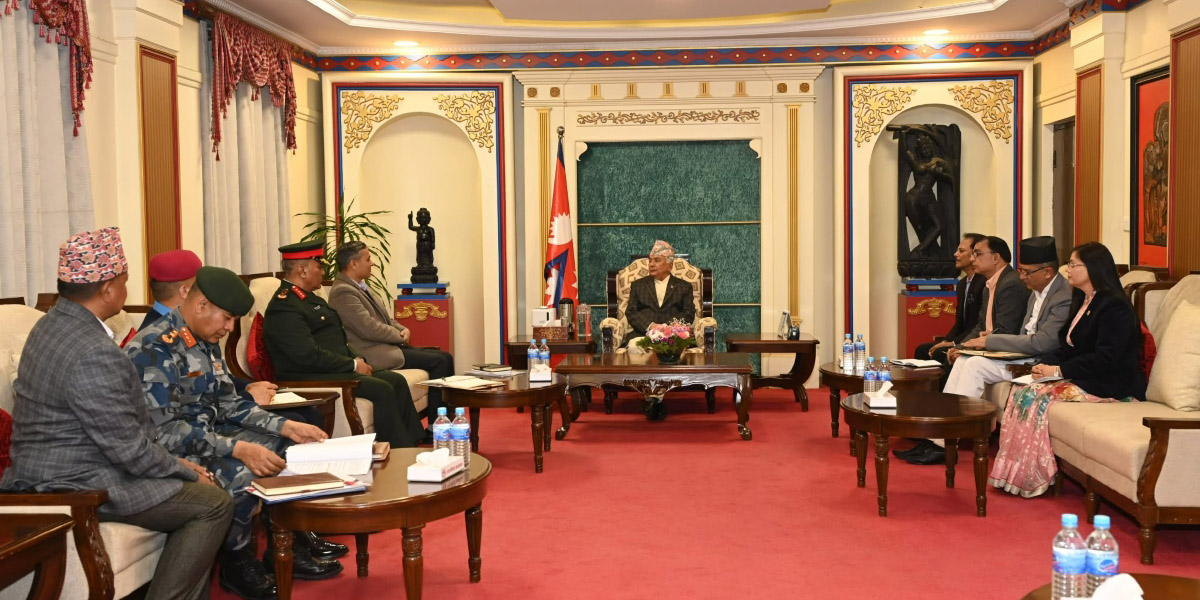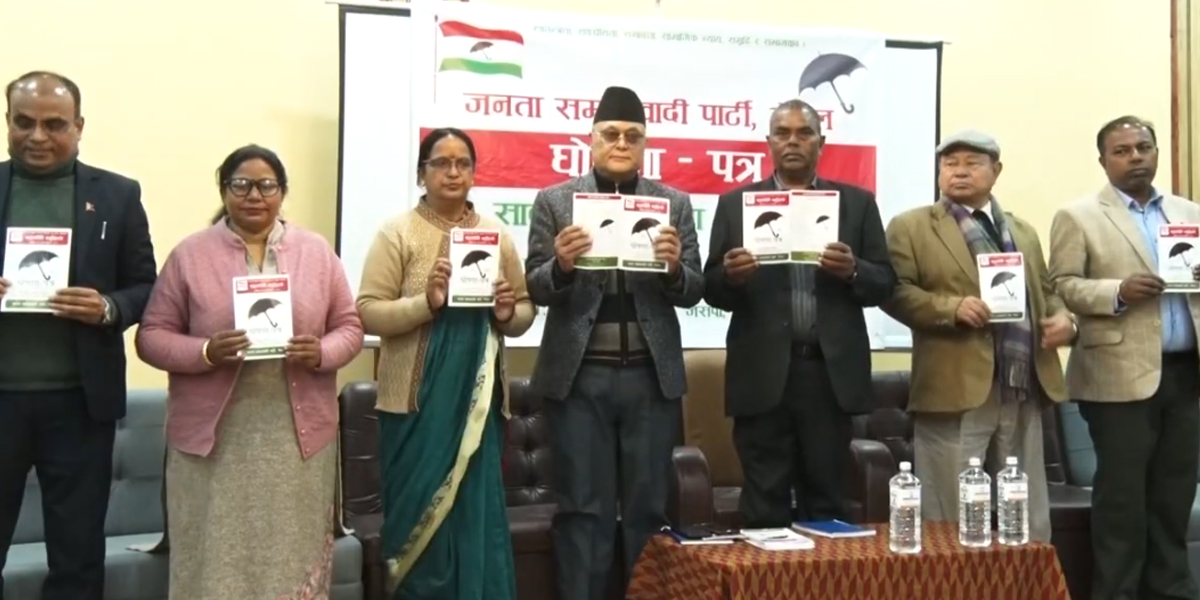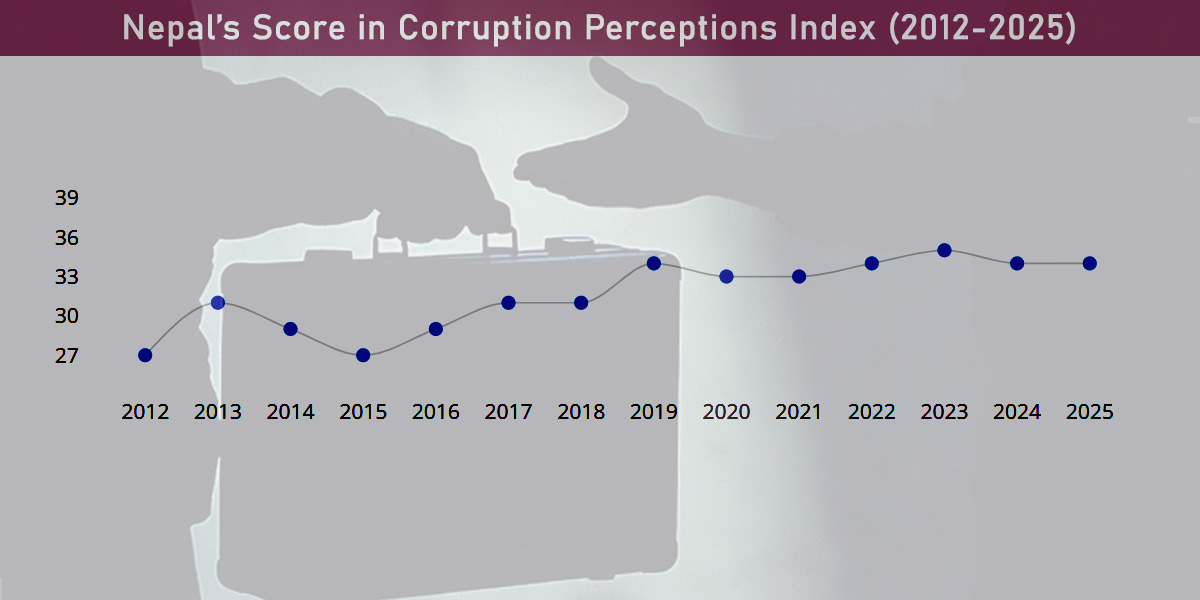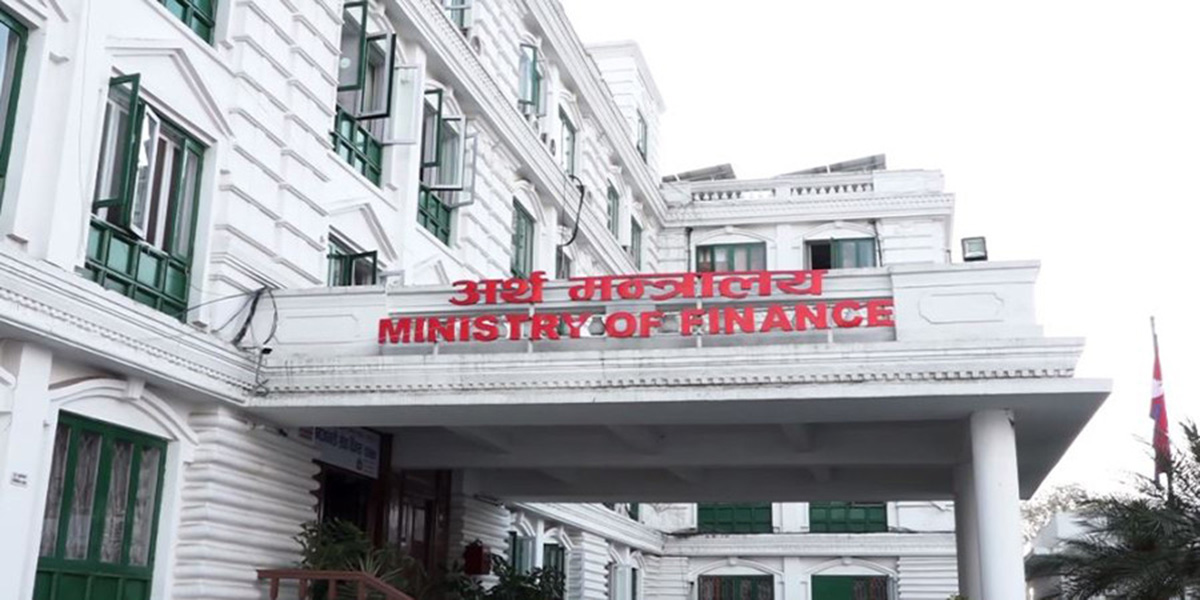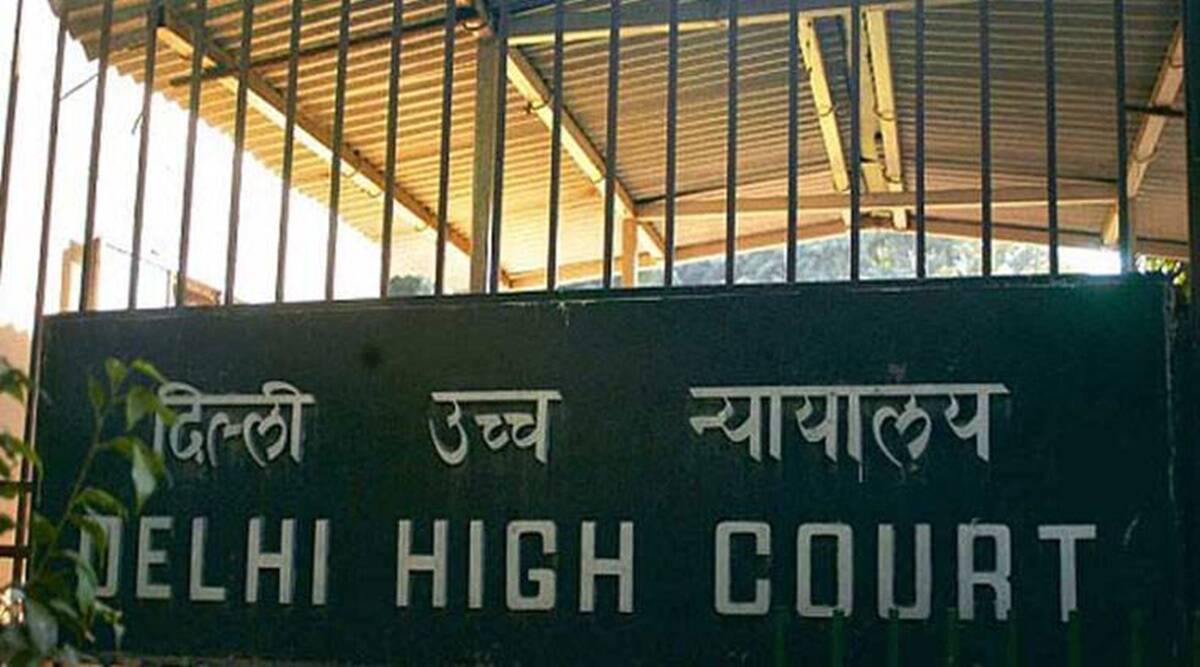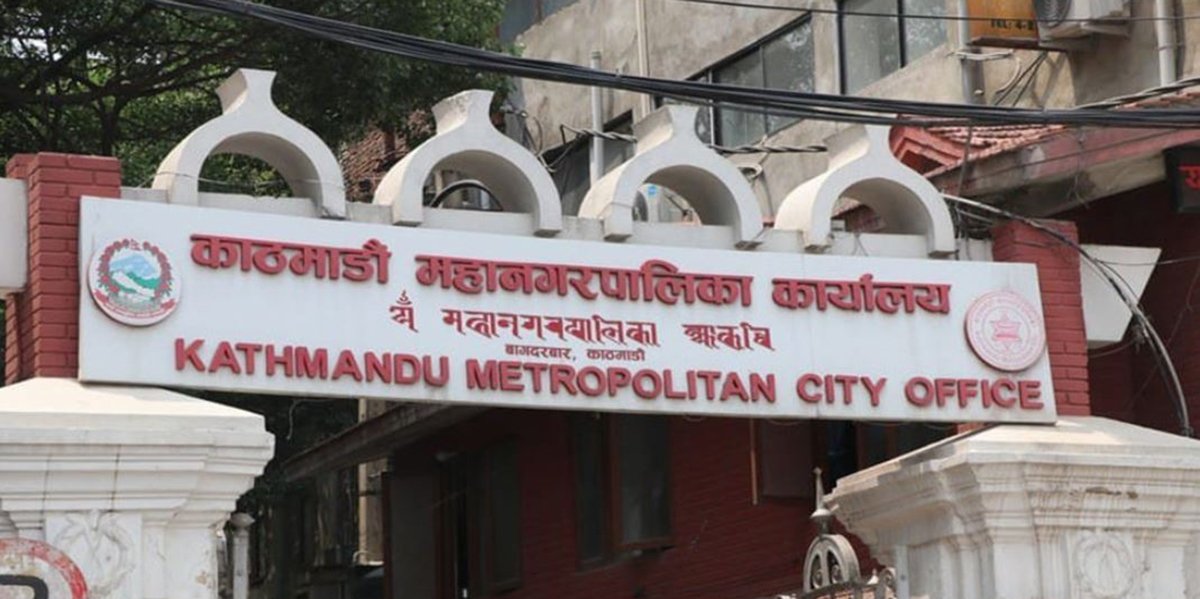
KATHMANDU: The Kathmandu Metropolitan City (KMC) has announced its plans to revive a biogas plant that had been shut down for the past five years. The decision has come as a welcome move towards sustainable waste management in the capital city of Nepal.
The biogas plant was built on the premises of KMC’s Environment Department in Teku in partnership with the European Union. The plant was designed to produce electricity and biogas by processing degradable wastes. The EU had invested Rs 46 million, while KMC had contributed Rs 18.2 million towards the construction and installation of the plant.
The KMC has been facing challenges in managing waste effectively, with an estimated 1,000 tons of solid waste generated in the city every day. With the revival of the biogas plant, the KMC aims to convert waste into a useful resource, thereby reducing its carbon footprint and creating a more sustainable environment for the residents of Kathmandu.
The plant has the capacity to process three tons of degradable waste every day, producing 14 KW of electricity, 3 tons of organic fertilizers, and 13,500 liters of water.
Sources say that KMC is currently in talks with the National Innovation Center to repair the biogas plant. The KMC had cited a lack of skilled workforce as the primary reason for the plant’s closure. The plant’s revival would require trained personnel to operate and maintain the plant effectively.
The revival of the biogas plant is a step towards achieving sustainable waste management in the city, reducing the carbon footprint, and creating employment opportunities. The KMC’s initiative is a step in the right direction towards creating a more sustainable future for the city of Kathmandu.

 Himal Press
Himal Press ![High-mast lights installed at 62 intersections in Kathmandu [In Pictures]](https://en.himalpress.com/wp-content/uploads/2025/10/kathmandu-night.jpg)
